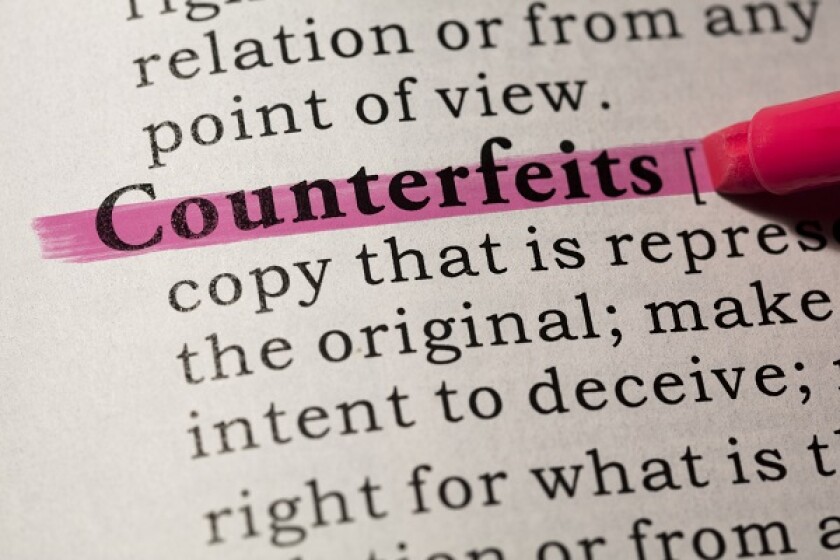Unfortunately, Mexico remains on the Watch List of the Annual Special 301 Report on Intellectual Property Protection and Review of Notorious Markets for Counterfeiting and Piracy compiled by the Office of the United States Trade Representative (USTR). In this document, the United States government reviews and evaluates the protection actions that governments have taken to fight against counterfeits and piracy. The document concluded that the Mexican government has so far not adequately implemented the necessary actions for the protection of intellectual property rights.
In accordance with the foregoing, the Mexican government should implement measures in order to strengthen actions against piracy and counterfeiting. However, the situation arising from the COVID-19 pandemic has changed the whole panorama of our country. Proof of this is that, as a result of the health security measures that have been implemented in Mexico to prevent the spread of COVID-19, the competent authorities have suspended their work. Actions such as inspections, seizures, investigations, admission of infringements actions, etc. have been suspended.
We must bear in mind that there has been an increase in counterfeits and piracy worldwide mainly due to the implementation of e-commerce.
According to data from the Research, Consumption and Telecommunications department of the International Data Corporation (IDC), e-commerce is expected to increase by 60% in Mexico at the end of 2020. As a result, our country will need to implement adequate legal measures for the protection of IP rights in the digital environment, hand-in-hand with seizure of products once they are imported.
Despite the above, intentions have been demonstrated by the federal government to continue the fight against piracy and counterfeits. The best example is that recently the Mexican Institute of Industrial Property (IMPI) referenced the possibility of introducing measures in order to obtain seizure at customs by the IMPI. This will mean cooperation between Mexican customs and the Mexican Institute of Industrial Property so that right holders can initiate actions to stop violations and infringements of their IP rights. It is an important bit of progress to highlight, since this is the only procedure that has been initiated by the IMPI on litigation matters during the pandemic.
The Attorney General's Office continues with its work carrying out mainly seizures of counterfeit products in customs, due to the possible commission of crimes. However, raids initiated due to the violation of IP rights have been stopped due to public health issues.
As a result, we must be clear about the need to implement new, effective and adequate ways to fight against piracy/counterfeits, such as the possibility of executing online actions in order to carry out "takedowns" of websites and social media that offer illegal products, auctions sites, along with efficient and early detection and implementation for the seizure of illegal products.
Without a doubt, Mexico has an unbeatable opportunity to renew our systems of protection for IP rights. The country depends on the intention of all rights holders, the federal authorities and society itself, to improve our reality after this pandemic. We must take advantage of this crisis to improve as a society and generate a better future for all.
Fernanda Díaz












